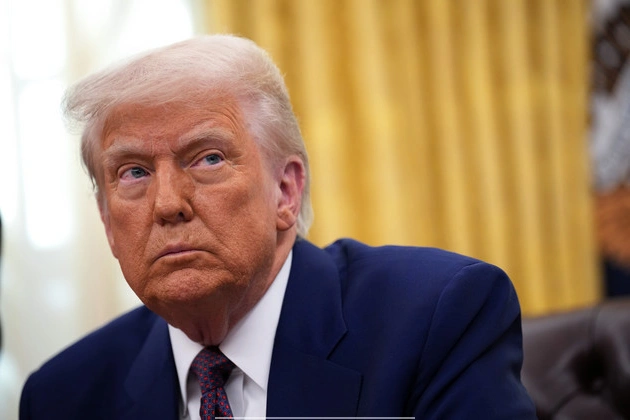
President Donald Trump’s administration has stirred controversy by threatening to eliminate Harvard University’s tax-exempt status, citing the institution’s reluctance to comply with policy changes demanded by the White House.
In a recent post on Truth Social, Trump suggested that Harvard could face taxation as a political entity if it continues to promote what he perceives as political, ideological, and potentially terrorist-related viewpoints.
Unprecedented Threat
The potential revocation of tax-exempt status for Harvard, a prominent Ivy League school, would mark a significant departure from the norm, as most major colleges and universities enjoy tax-exempt status as nonprofit organizations.
While the U.S. tax code provides exemptions for various entities, including charities and religious institutions, the targeting of higher education institutions through tax policy remains a contentious issue.
Historical Precedents
Notably, Republicans have previously taken steps to address concerns related to Ivy League universities through the tax code. In 2017, Congress imposed a 1.4 percent tax on substantial university endowments, such as Harvard’s, with the possibility of further extensions in ongoing tax legislation discussions.
Trump’s recent warnings come on the heels of his administration’s decision to withhold over $2.2 billion in federal funding from Harvard, following the university’s refusal to comply with directives aimed at addressing perceived antisemitism on campus.
Legal Implications
Under IRS regulations, educational institutions risk losing their tax-exempt status if found to engage in activities related to political campaigning or excessive lobbying. However, there is currently no public evidence to suggest that Harvard has violated these rules.
It remains to be seen how this standoff between Harvard and the Trump administration will unfold and whether it will have broader implications for the taxation of educational institutions in the future.











